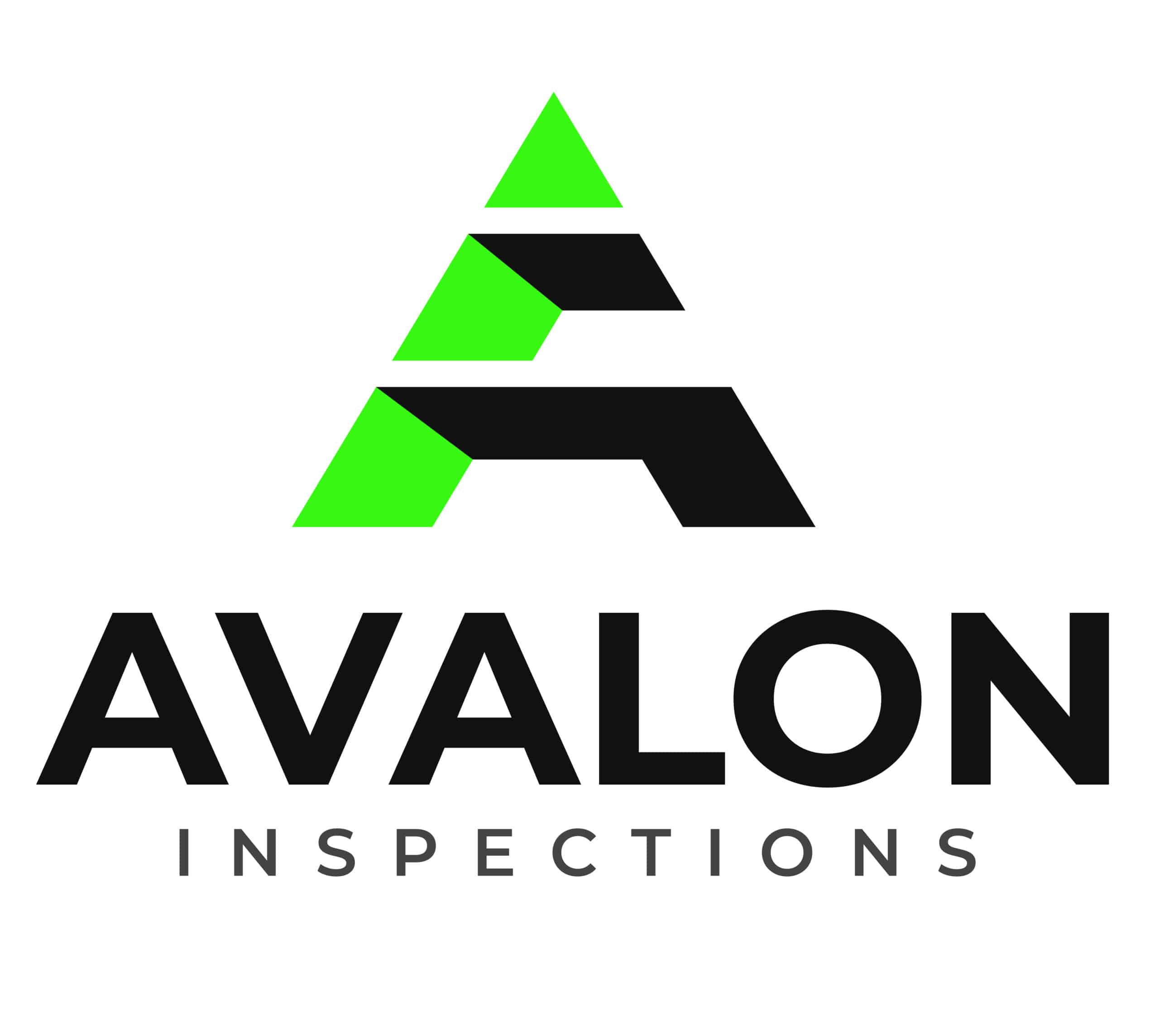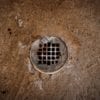
A home inspection isn’t complete without a thorough check of the electrical system. Whether you’re moving into a new home or maintaining your current one, an electrical inspection helps ensure your home is both safe and energy-efficient.
From wiring to breaker panels, catching potential electrical issues early can prevent costly repairs and dangerous situations like fires or electrical shocks. This post will take you through a home electrical inspection so you know exactly what to expect and why it’s such a crucial part of home safety.
What’s the Complete Home Inspection Scope?
A complete home inspection covers more than just a home’s appearance. It’s a detailed assessment of all the key systems that keep your home functioning properly. This includes the foundation, plumbing, roofing, HVAC, and most importantly, the electrical system.
The electrical system plays a crucial role in your home’s safety and efficiency. An electrical inspection within the broader home inspection ensures that everything from the wiring to the outlets is working correctly and meeting safety standards.
Inspections can catch outdated systems, hidden hazards, or faulty components that might otherwise go unnoticed.

What Happens During an Electrical Inspection?
An electrical inspection involves a detailed check of the key parts of your home’s electrical system to ensure everything is functioning safely. Inspectors will examine several components to spot any issues before they become bigger problems.
Here’s what they’ll look at:
- Breaker panel: The inspector ensures the breaker panel is in good condition, correctly labeled, and not overloaded. They’ll also check for signs of wear or overheating.
- Wiring: The wiring throughout your home is inspected for signs of damage, fraying, or aging that could pose a fire hazard. Older wiring may not meet modern safety standards.
- Outlets and switches: Each outlet and switch is tested to ensure proper installation, grounding, and functionality. Any signs of scorch marks, loose connections, or wear will be noted.
- Grounding system: Proper grounding is essential to prevent electrical shocks. The inspector will confirm that the electrical system is grounded correctly to reduce risks.
Every part of the inspection seeks minor issues before they become serious, ensuring a safe system–in the U.S. each year, at least 30,000 preventable home shock incidents occur.
Common Electrical Issues Spotted
Homeowners are often unaware of the electrical issues hiding in their homes. Inspections frequently uncover problems that could pose safety risks if left unchecked. Common issues include:
- Outdated wiring: Older homes often have wiring that no longer meets today’s safety standards. This type of wiring can increase the risk of electrical fires or malfunctions.
- Overloaded circuits: If too many appliances are connected to a single circuit, it can overload the system, leading to frequent breaker trips or overheating.
- Improper grounding: Without proper grounding, your home’s electrical system becomes vulnerable to power surges, which could damage appliances or cause shocks.
- Faulty outlets and switches: Over time, outlets and switches wear out, which can cause power loss, overheating, or even fires. Inspectors will identify any components that need replacing.
When to Call a Professional
Knowing when to call a professional and how frequently to schedule inspections is crucial for your home’s safety. For most homes, electrical inspections should occur every 3-5 years.
However, certain signs indicate you should schedule one sooner:
- Flickering or dimming lights
- Circuit breakers that frequently trip
- Unusual buzzing sounds from outlets or switches
- Warm or discolored outlets and switches
- A burning smell near electrical appliances
In addition to routine inspections, it’s important to schedule an electrical check when buying or selling a home, completing major renovations, or adding large appliances.
These events can impact the electrical load on your system, and an inspection ensures everything remains safe and up to code.

Electrical Safety Tips for Your Home
While regular inspections help ensure your electrical system is safe, there are additional steps you can take to maintain safety between inspections:
- Avoid overloading outlets: Plugging too many devices into a single outlet can cause overheating and increase the risk of fire. Use power strips with built-in circuit breakers if needed.
- Keep cords in good condition: Regularly check power cords for fraying or damage. Replace any worn or exposed wiring immediately.
- Unplug appliances when not in use: Unplugging devices that aren’t being used not only conserves energy but also reduces the risk of electrical fires.
- Install GFCI outlets: Ground fault circuit interrupters (GFCI) are crucial in areas with water, like bathrooms and kitchens, as they help prevent electrical shocks. Ensure you have them installed in the right places.
- Use the right wattage for light bulbs: Using light bulbs with a higher wattage than the fixture allows can cause overheating. Always use the recommended wattage for lamps and fixtures.
- Test smoke detectors regularly: Although not directly related to your electrical system, having working smoke detectors can alert you to electrical fires early, preventing more severe damage.
Other Recommended Maintenance
Electrical inspections are just one part of a broader home maintenance routine. To keep your home in top condition, consider scheduling regular maintenance for other systems as well:
- HVAC systems: Routine HVAC maintenance ensures your heating and cooling systems run efficiently, reducing energy costs and extending the life of the system.
- Roofing inspections: Regular roof inspections help catch leaks and damage early, saving you from costly repairs down the line.
- Plumbing checks: Inspecting your plumbing for leaks, corrosion, or blockages helps prevent water damage and ensures your pipes remain in good condition.
Staying on top of these essential maintenance tasks keeps your home running smoothly and avoids unexpected, expensive repairs.
Conclusion
Electrical inspections are about more than just ensuring your wiring is up to code—they’re about keeping your home and family safe. Regular inspections catch small issues before they become serious problems, giving you peace of mind and preventing costly repairs.
If you’re ready to make sure your electrical system is in top shape, contact Avalon Home Inspections today in Atlanta, GA, and surrounding areas.






